Is the PDA about to make a comeback?
Gemini hardware has a deca-core processor and bigger battery than the Note 8
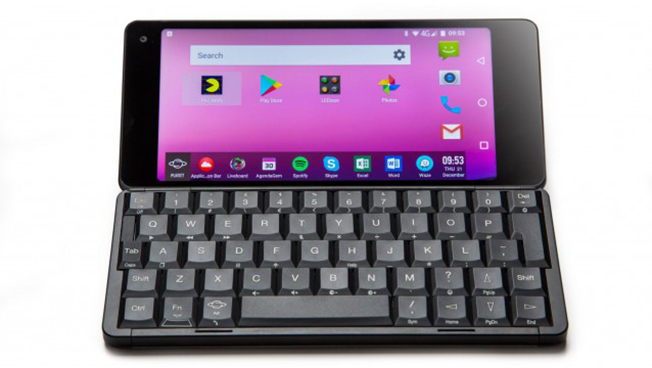
Remember when PDAs like the Psion were all the rage back in the 90s? Well, if Indiegogo crowdfund Gemini's $1.3 million backing is anything to go by, it looks like they could be set for a comeback.
There's no surprise that the Gemini looks like a Psion PDA because the crowdfund's owners, Planet Computer, have partnered with a London-based industrial designer, Martin Riddiford, who was closely involved in designing the 90s handheld computers. Described as an "ultra-thin clamshell mobile device with fully integrated tactile QWERTY keyboard, that fits in your pocket", Gemini's prototype has been on display at CES 2018, where it's certainly got people talking.
In almost every sense, it's an updated version of a device from a bygone era. Rather than running an antiquated operating system like EPOC, Gemini dual boots Android and Linux, and has 4G, Wi-Fi (there's also a Wi-Fi-only model) and Bluetooth connections. The 5.99in touchscreen display isn't dissimilar in size to those sported by the original Psion PDAs, but it's Full HD (2160 x 1080) and uses scratch-resistant glass. There's no mention of support for a stylus, but its dual USB-C connectors enable you to connect a different keyboard, external screen and mouse.
Inside, you get a 2.6Ghz deca-core processor, 4GB of RAM and 64GB of storage. There's an impressively sized 4,220mAh battery that Gemini's creators claim produces two weeks of standby time and 12 hours of talk time, but no back camera and only a rather disappointing 5 megapixel front camera.
At 320g and 1.5cm deep, it's also more than 50% heavier and thicker than best phablet around, the Samsung Note 8, which is hardly surprising when you consider it has a physical keyboard. Otherwise, the PDA's dimensions are broadly similar to the Note 8, so you should be able to squeeze it in a pocket.
Considering there's nothing mindblowing about its spec, why all the hype? Who would opt for the Gemini over a high-powered phablet like the Samsung Note 8? The obvious answer is its anyone who wants a physical QWERTY keyboard. A keyboard its creators claim is "recognised as the world's best yet smallest full-sized keyboard for finger touch typing." Beyond giving you tactile feedback, what this QWERTY keyboard gives you is much more screen real estate to work with.
"On-screen keyboards often take up more than half the readable screen," reads its Indiegogo pitch. "We want to get back to typing on a fully tactile keyboard whilst being able to view the entire screen. All this on a device no larger than most modern mobile phones."
Sign up today and you will receive a free copy of our Future Focus 2025 report - the leading guidance on AI, cybersecurity and other IT challenges as per 700+ senior executives
"We decided to re-invent the palm-sized keyboard mobile device that will benefit many, who we think are missing using the keyboard on the move. From bloggers and creatives that need to constantly write, to professionals who need to read and write e-mail, create and edit documents and spreadsheets," it continues.
I'm still not convinced, but the other ace up its sleeve is price. If you back the Gemini now, you can get your hands on one for a bargain $400 (around 300), $200 (150) less than the final retail price and almost a third of the Note 8's starting retail price in the UK.
Frankly, I'm quite surprised that the Gemini has received the level of backing that it has. After all, tactile keyboards didn't work out for Blackberry in the first instance, and its follow up devices that have attempted to revive the QWERTY touchpad (like the KeyOne) have hardly been a roaring success. However, backers have shown that there is a market for a modern PDA, so it will be interesting to see if the big players in the smartphone market take notice and plan their own revival.
Image credit: Gemini
-
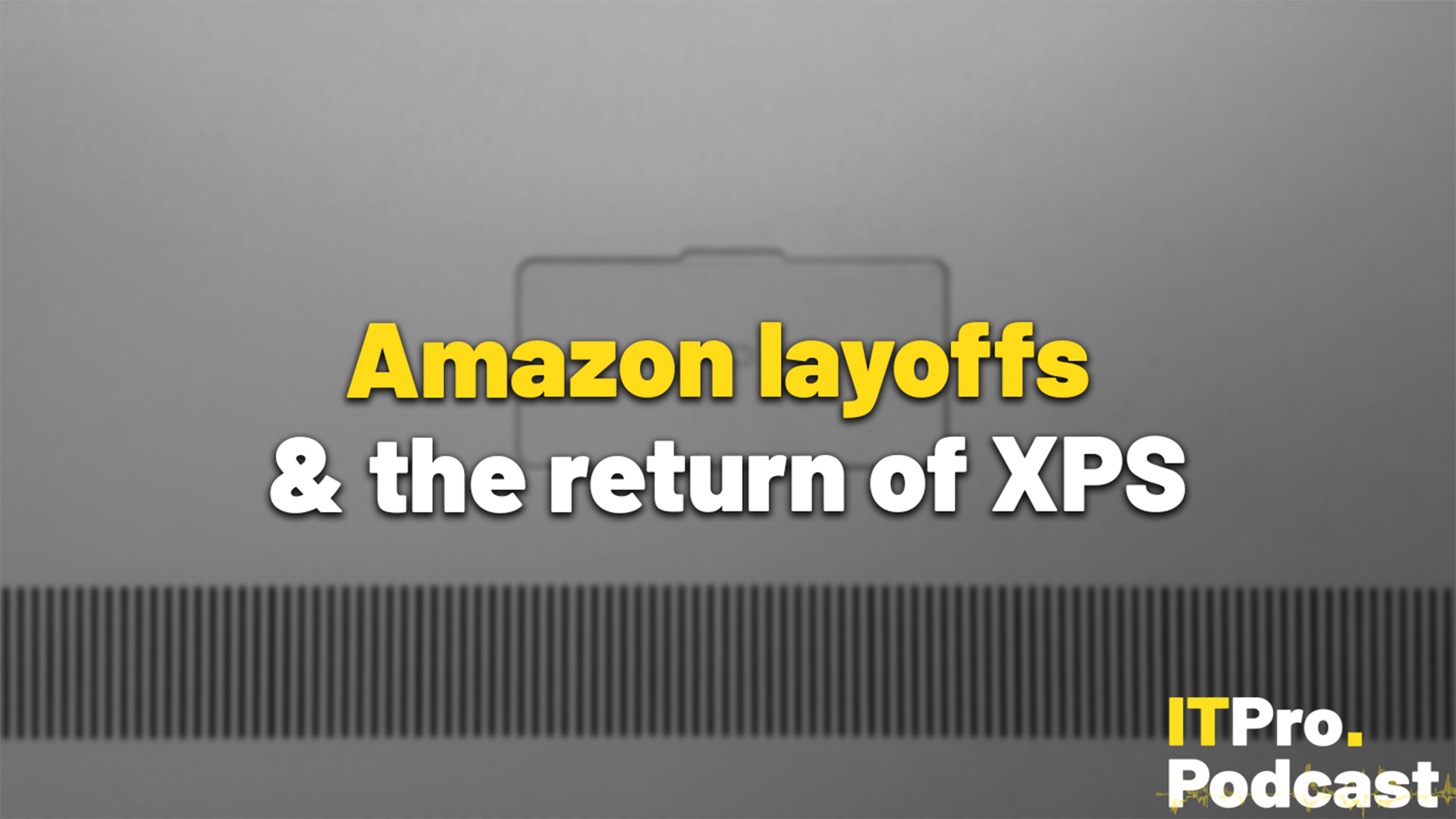 ITPro Podcast: Amazon layoffs and the return of XPS
ITPro Podcast: Amazon layoffs and the return of XPSITPro Podcast This year's tech layoffs have just begun, as Amazon sheds 16,000 workers in one go
-
 Notorious RAMP hacker forum seized by FBI
Notorious RAMP hacker forum seized by FBINews Billing itself as the “only place ransomware allowed", RAMP catered mainly for Russian-speaking cyber criminals
-
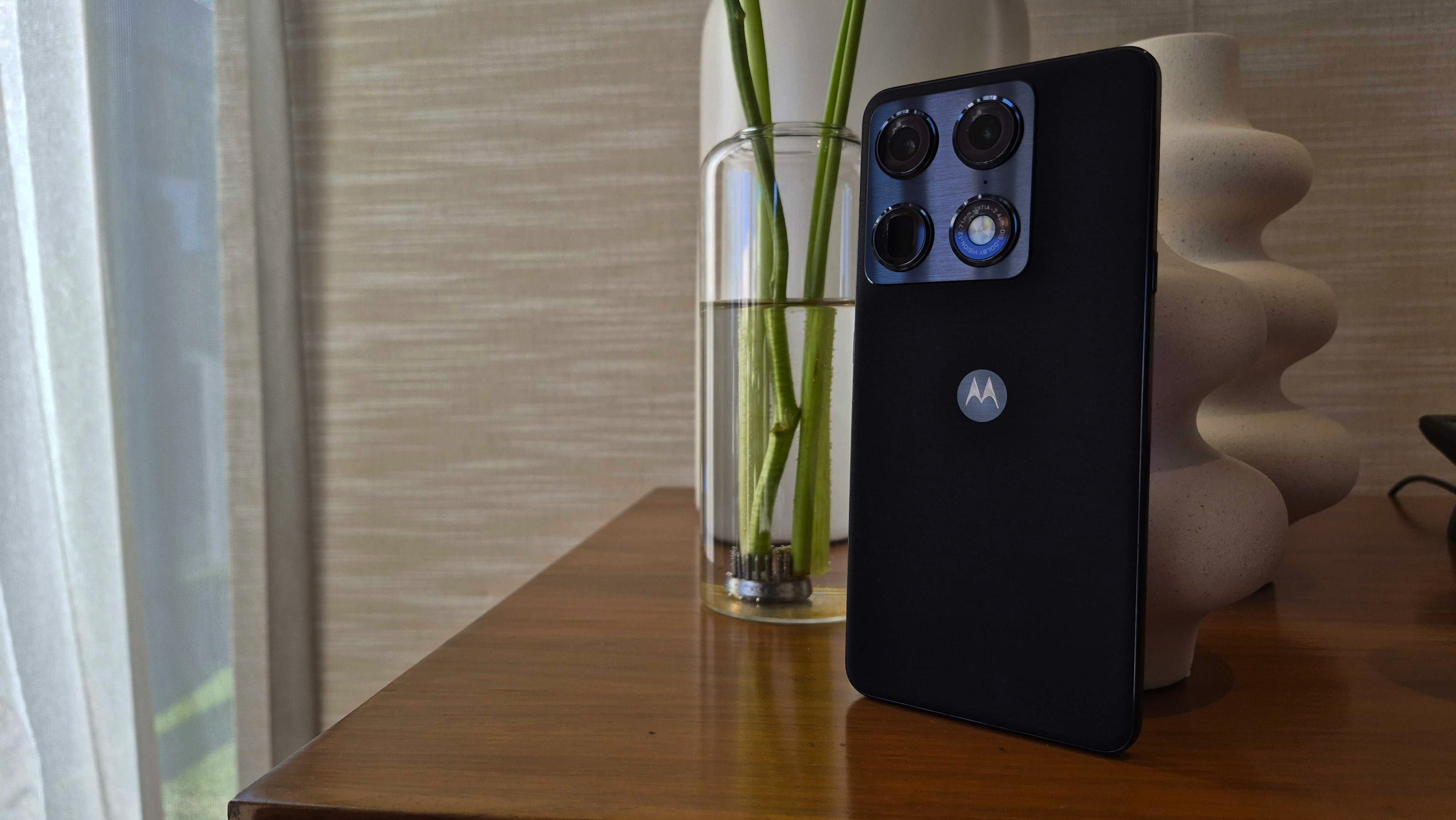 Motorola's new premium smartphone is a melting pot of camera innovation
Motorola's new premium smartphone is a melting pot of camera innovationNews The Signature has been built in collaboration with Sony, Qualcomm, and Instagram, and has four 50MP camera lenses
-
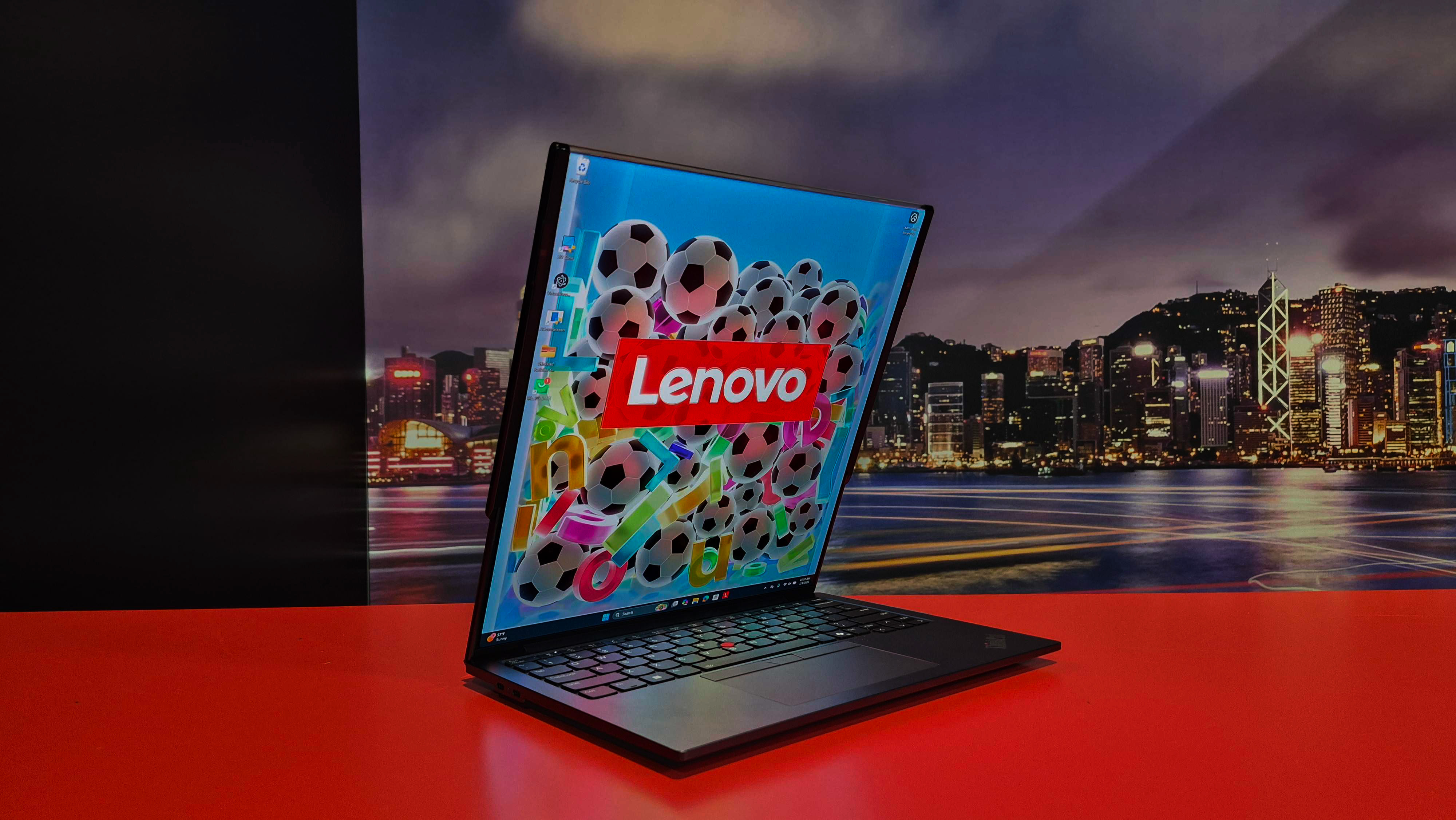 Lenovo reveals slick rollable screen concept and a voice-controlled ThinkBook at CES 2026
Lenovo reveals slick rollable screen concept and a voice-controlled ThinkBook at CES 2026News The ThinkPad XD is impressive, but the ThinkBook Gen 7 Auto Twist will have us knocking our laptops open
-
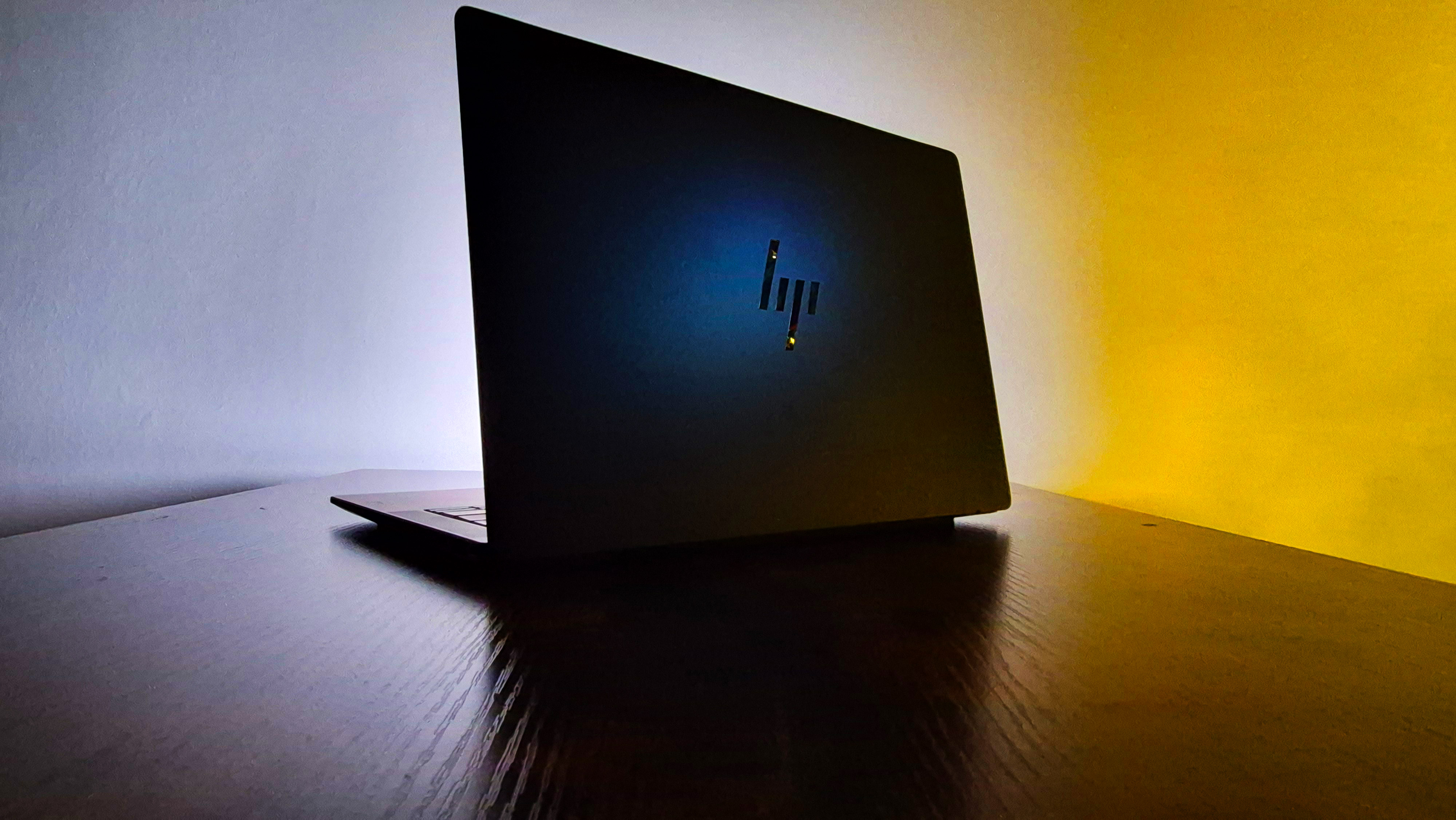 HP's EliteBook X G2i 14in is the featherweight champion of CES 2026
HP's EliteBook X G2i 14in is the featherweight champion of CES 2026Reviews A superbly light and attractive notebook with a great keyboard and bright display
-
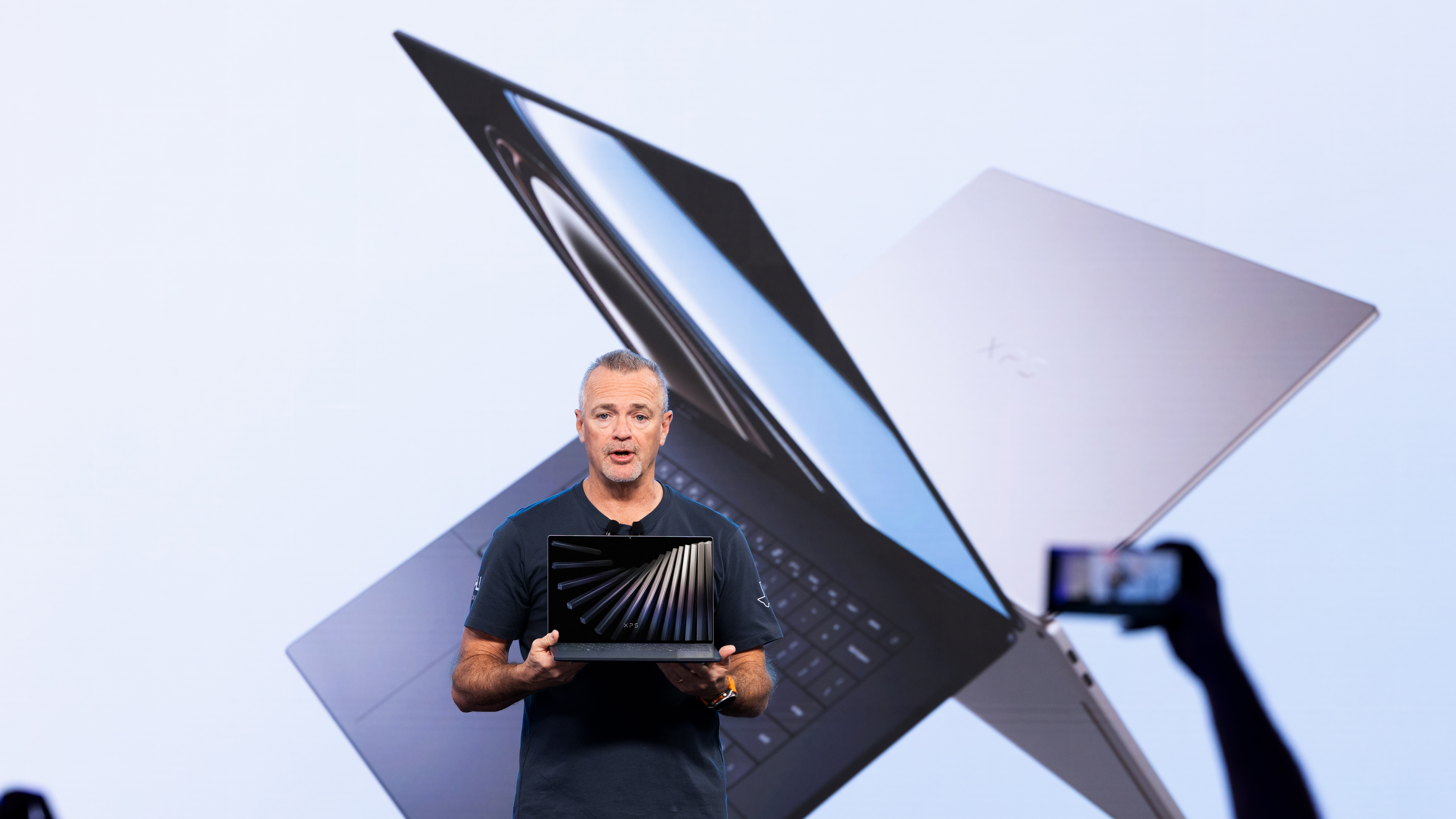 Return of the XPS: Dell resurrects iconic brand at CES after customer demand
Return of the XPS: Dell resurrects iconic brand at CES after customer demandNews COO says "branding matters" as Dell bucks trend at CES to bring back beloved XPS
-
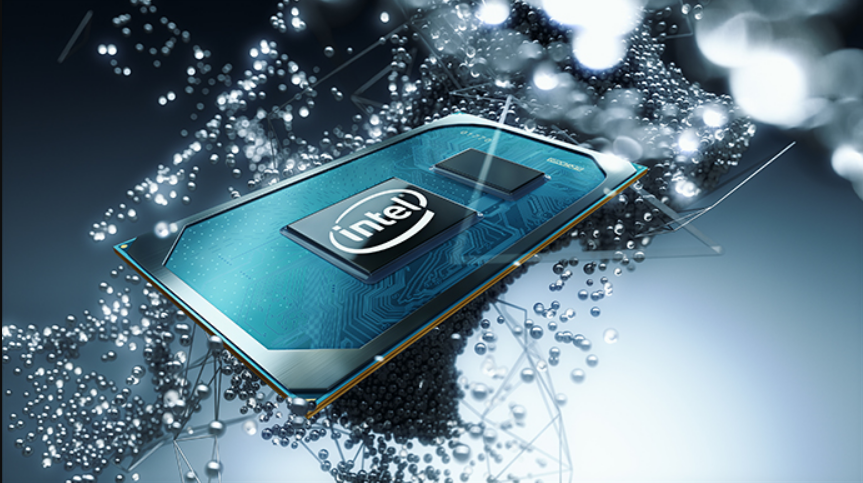 Intel shows off Tiger Lake, bending laptops at CES
Intel shows off Tiger Lake, bending laptops at CESNews Intel reveals a few more details about its design road map, including what next-gen laptops may look like
-
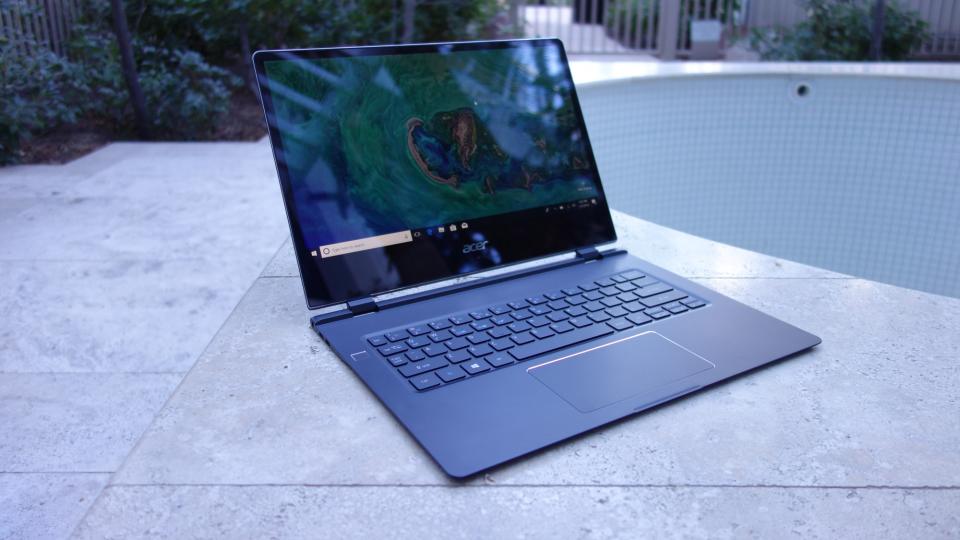 Acer bolsters its laptops at CES 2018 with the Acer Swift 7 and Chromebook 11
Acer bolsters its laptops at CES 2018 with the Acer Swift 7 and Chromebook 11News Acer's new laptops have something for everyone: the gamer, the worker on the move and the emailer on a budget
-
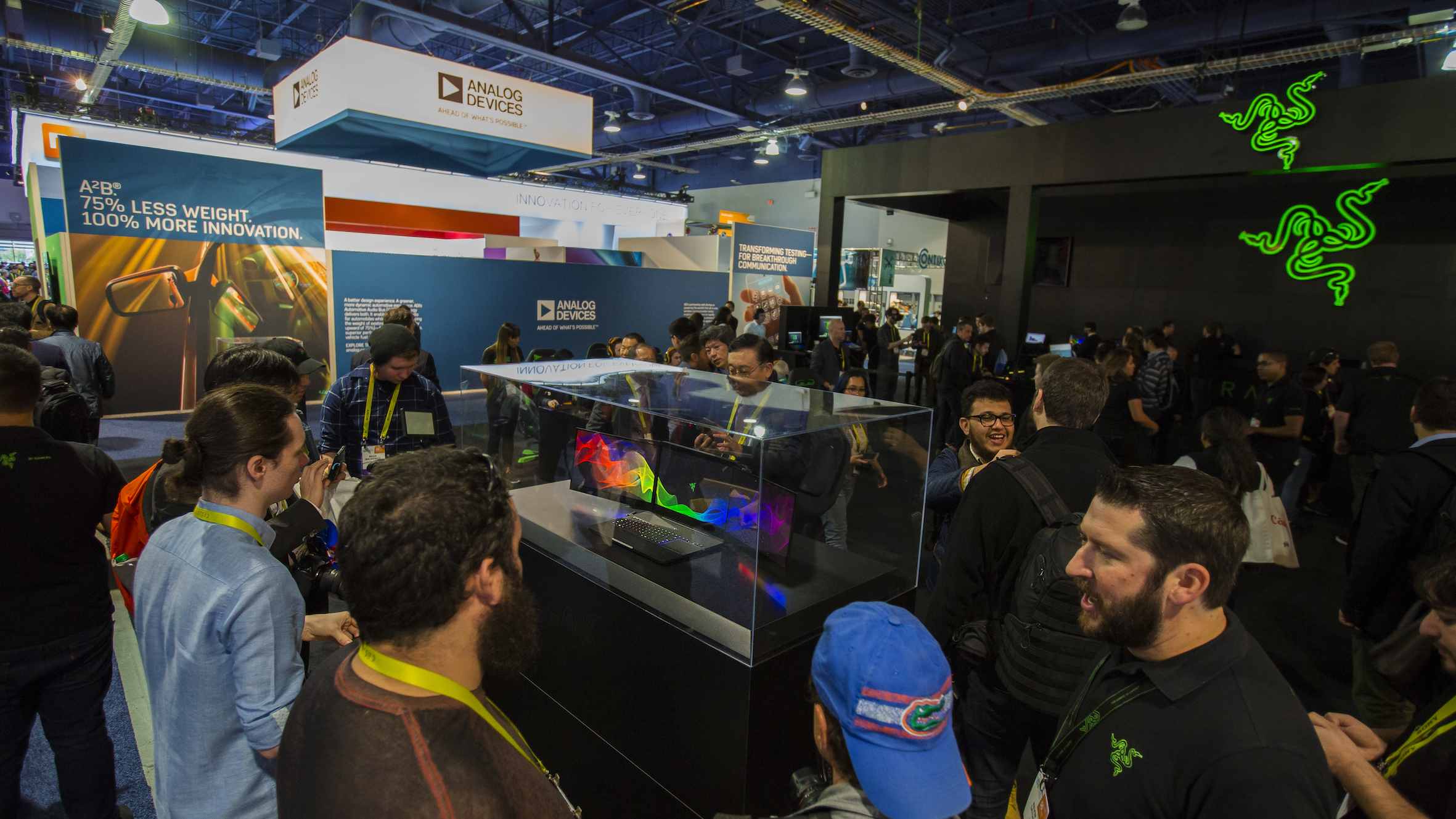 Razer prototypes stolen at CES
Razer prototypes stolen at CESNews Company won't rule out industrial espionage
-
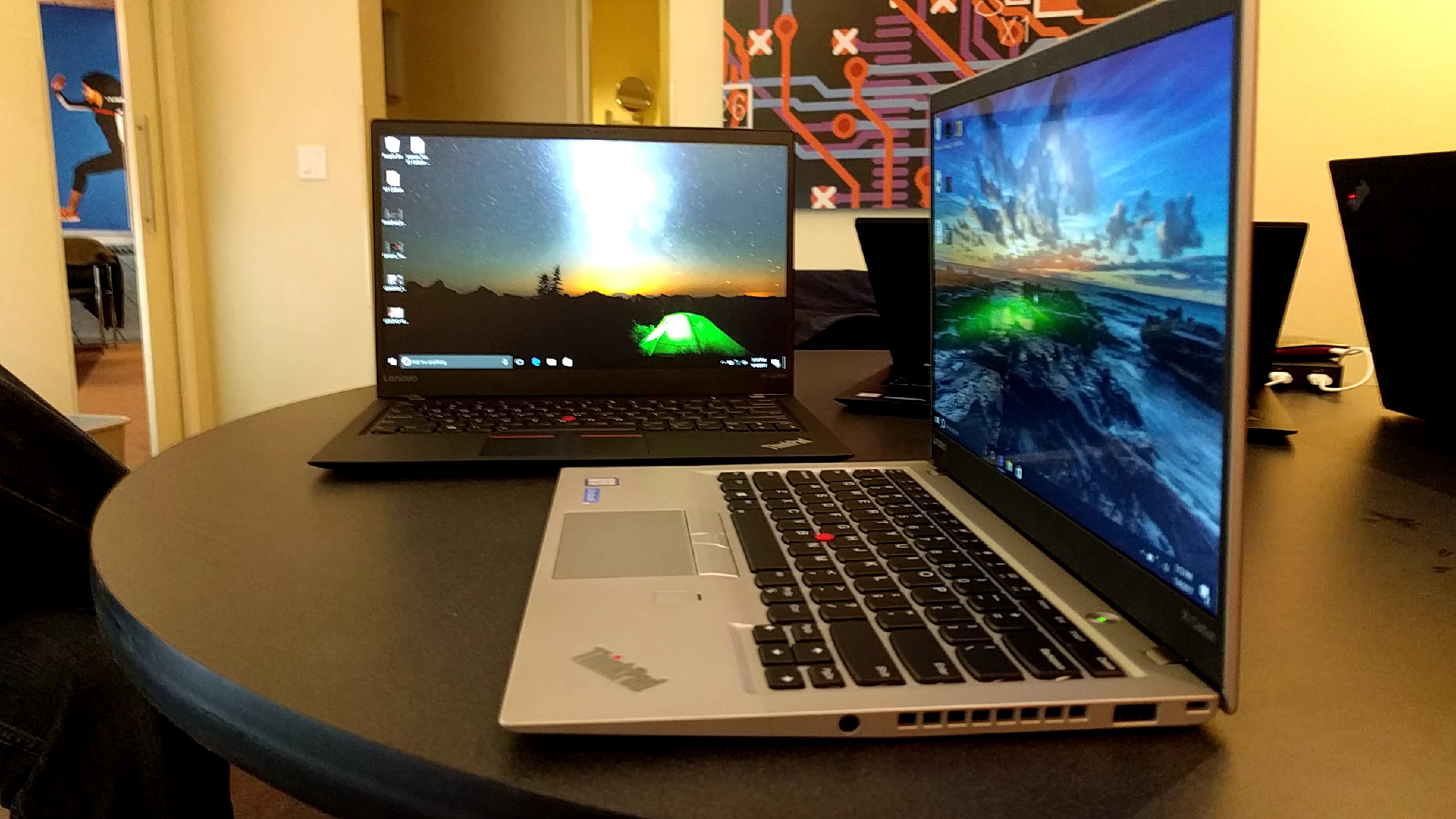 Lenovo ThinkPad X1 Carbon (2017)
Lenovo ThinkPad X1 Carbon (2017)First look This is no minor update: Lenovo makes the already excellent X1 Carbon smaller and lighter